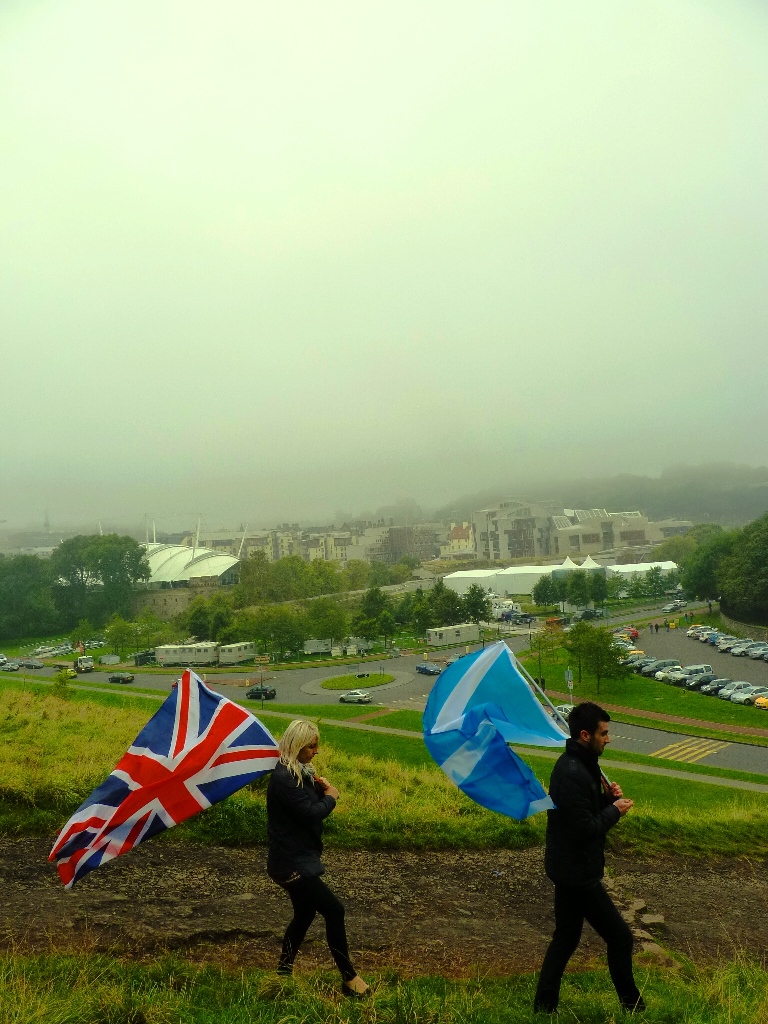The two senior justices of the U.K. Supreme Court (UKSC), Lord Neuberger & Baroness Hale, certainly appear to welcome dialogue between themselves, as authoritative representatives of the UKSC, & others and now visit Westminster, on at least an annual basis, to facilitate a dialogue between the UKSC & the legislature.
The discussion at the House of Lords Select Committee on the Constitution, Evidence Session with the President & Deputy President of the Supreme Court, held on Wednesday 8th July 2015, is well worth reading or watching/listening to if you have a spare moment after your main study commitments are completed:
PDF version:
http://data.parliament.uk/writtenevidence/committeeevidence.svc/evidencedocument/constitution-committee/president-and-deputy-president-of-the-supreme-court/oral/18702.pdf
Audio-visual recording on Parliament TV:
http://parliamentlive.tv/event/index/fac7751a-1b3a-41f3-b5ec-1cd1b17cbb05?in=11:19:51
Note, first, what Lord Neuberger & Lady Hale say in answer to q.6 (PDF p.8 onwards)
Lord Neuberger: “We [i.e. the U.K. Supreme Court] are undoubtedly, as you say, for the various reasons—internally devolution and externally Europe—developing constitutional characteristics, but unless and until we have a constitution and unless and until that constitution, as is the case with almost all constitutions, gives the court power effectively in exceptional cases to override Parliament, we are not a constitutional court.
Lady Hale: “We do constitutional things, so in that sense, yes, we are a constitutional court. We do those things because Parliament has told us to do those things, otherwise we would not be doing them.”
Then consider this:
BBC News website 17/02/2016:
“Mr Cameron's sovereignty plan is expected to suggest extra powers for the UK Supreme Court to protect UK law from challenges from the European Court of Justice, to assert the primacy of UK law over Brussels.”
http://www.bbc.co.uk/news/uk-politics-eu-referendum-35592466
No doubt the U.K. Government will have noted the U.K. Supreme Court’s obiter remarks in the HS2 case. Remember the HS2 case rather discloses the view of the senior judiciary that there may be scope to ring-fence core constitutional rights, such as are found in the Bill of Rights etc, from what might be viewed as occasional & arguably, depending on your viewpoint, excessive & inappropriate encroachment resulting to a degree from the U.K.’s membership of the European Convention on Human Rights and even more so under the principle of the primacy of EU law.
The Supreme Court will, of course, have to wait for an issue with the relevant circumstances to be presented for deliberation that affords scope to make an authoritative judgment that would ‘cement’ the HS2 views into case law. However in the meantime these weighty 'judicial-asides' surely reflect the current of likely constitutional thought in the UKSC.
The U.K. Government may well be looking to add its oar to any prospect of judicial ring-fencing of core constitutional principles by seeking to increase the powers of the U.K. Supreme Court. Perhaps the Government is raising its signal pennants to indicate its support of the UKSC position. After all, that is a stance that might put the wind in the sails of the uniquely positioned U.K. constitution with its distinguishing core concept of Parliamentary Supremacy. Currently the concept of parliamentary sovereignty is rather bobbing in the wash like a determined Oxford punt, with A.V. Dicey on board. But it does so amidst an, otherwise, constitutionally uniform Continental flotilla comprising, amongst others, Venetian gondolas, Dutch vlieboots & Spanish barcas - all splashing Dicey's Vinerian gown in their Civilian wake. Perhaps the U.K. Government is looking to fit an outboard motor to Dicey's punt?
Back in the Westminster committee, Lord Neuberger subsequently states: “As Lady Hale says, in the end our job is, subject to common-law principles, to do what Parliament asks us to do. If there is a new role of a somewhat different nature, then certainly we would want to be consulted about it in terms of feasibility and practicality, but, if it was decided that we would do it, then it is very difficult to think of circumstances where we would not do our best to do it. I hope we would rise to the occasion, as I like to think we have done so far.”
